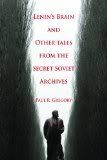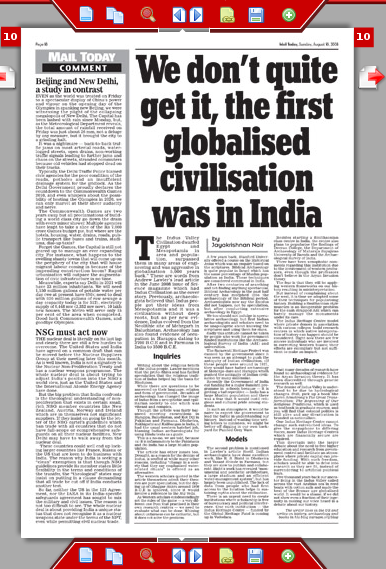“According to the Pentagon today, secret surrender negotiations are now underway with key Iraqi military officials. That’s what the Pentagon said: We’re in secret negotiations, so for God sakes, don’t tell anyone. … What we’re doing basically is giving these key Iraqi military officials instructions on how to surrender. See, this is where we could have used the French.” —Jay Leno
In India, we don’t need the French.Esteemed columnists like Swaminathan Aiyar and Vir Sanghvi have called upon the nation to wave the white flag and kneel before the secessionists. We should thank our stars (or Richard Dawkins if you are an atheist) that such people did not exist in 1947.
On August 15, 1947, when India became Independent, the Maharajah of Kashmir signed a standstill agreement with the government of Pakistan, a precursor to accession. The Pakistanis also took over charge of Jammu and Kashmir’s post and telegraph system, food supplies and essential commodities. But in September armed groups from Pakistan came from West Punjab and started looting and raping the the Muslims in Kashmir valley, the same people whom they had come to liberate.
A desperate Maharajah turned to India. Even though Chacha Nehru and Lord Mountabatten were running the show, they got the Maharajah to sign the Instrument of Accession and Kashmir joined the Indian Union. If these columnists were around at that time, they would have taken umbrage at the Maharajah for not letting his people be murdered.
In 1965 several thousand armed men — mainly professional Pakistani soldiers and non-Kashmiris — crossed the Line Of Control to liberate Kashmir. The Kashmirs stood by India but our columnists would have encouraged them to surrender.
In the 80s Sikh separatism was a major problem in India. Delhi was a fortress and Jarnail Singh Bhindranwale used to run the show from the Golden Temple. Our columnists would have written op-eds praising him and would have flown the Khalistan flag in their homes.
These are your regular columnists. Then there the award winning types – the Booker and the like. They missed the 1947 and 1971 genocides. The ones they saw in 1984 and 2002 were not up to their standards. They now want a Balkanization of Jammu and Kashmir so that they will get fodder for some books, columns and lucrative speeches on the speaking circuit.
These grandees are not confined by the parochial boundaries of nations. They are mobile republics who unfortunately were born in India. Instead of floating in international waters like true mobile republics, they live prosperously in the comforts of the Indian state carrying out the ISI agenda of a death by thousand cuts.
All of them — the regular and award winning ones — claim they are drinking the liberalism Kool-Aid. It is time they checked the contents of the bottle because this drink tastes like communalism. They encourage communalism and want the division of India along communal lines and call others communal. As Plato once said to Aristotle: If it walks like a duck…
Instead let me suggest a new drink. Liberal Nationalism. Neither shaken nor stirred.

